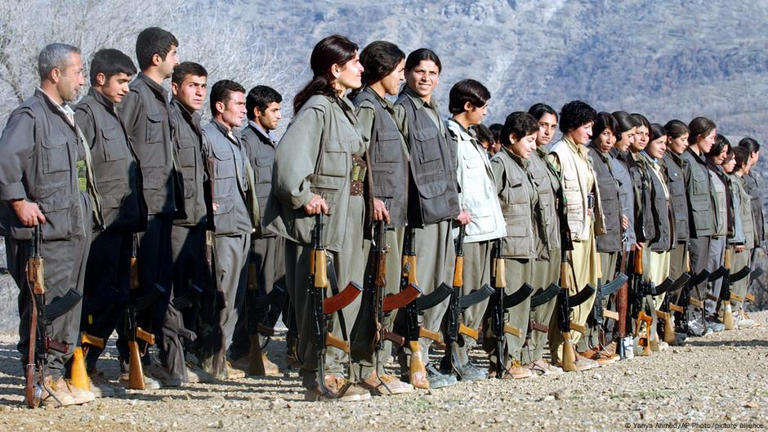HISTORIC BREAKING: PKK Ends 41-Year Armed Struggle – What This Means for Turkey & the World
The Kurdistan Workers’ Party (PKK) has officially announced its dissolution and the end of its 41-year armed insurgency against the Turkish state. This historic decision, made during the group’s 12th Congress held in early May 2025, follows a call from its imprisoned leader, Abdullah Öcalan, who urged the organization to lay down arms and pursue peaceful, democratic means to address Kurdish issues. (The Times of India, Wikipedia)
🕊️ Implications for Turkey
1. Potential for Lasting Peace:
The PKK’s disbandment could signal the end of a conflict that has claimed over 40,000 lives since 1984. This development offers an opportunity for reconciliation and the integration of Kurdish communities into Turkey’s political and social fabric. (Reuters)
2. Economic and Regional Stability:
The cessation of hostilities may lead to economic growth, particularly in southeastern Turkey, by attracting investment and reducing military expenditures. Additionally, it could enhance regional stability, especially in areas affected by cross-border tensions involving Kurdish groups. (The Times)
3. Political Dynamics:
President Recep Tayyip Erdoğan has welcomed the PKK’s decision, viewing it as a step toward national unity. However, some analysts suggest that this move might also serve to bolster his political position, potentially aiding efforts to amend the constitution and extend his presidency beyond 2028. (AP News, The Times)
⚠️ Remaining Challenges
1. Disarmament Process:
While the PKK has declared its intent to disband, the logistics of disarmament and reintegration of former fighters remain complex. The Turkish government plans to oversee the surrender of weapons and the reintegration process, but details are still being finalized. (AP News, El País)
2. Regional Kurdish Groups:
The impact of the PKK’s dissolution on affiliated Kurdish groups, particularly in Syria and Iraq, is uncertain. Some factions may choose to continue their activities independently, potentially affecting regional dynamics. (The New Arab)
3. Political Representation:
The future of pro-Kurdish political parties in Turkey, such as the Peoples’ Equality and Democracy Party (DEM), will be crucial in ensuring that Kurdish voices are represented in the political arena. Their ability to operate freely and participate in democratic processes will be a key indicator of progress. (Wikipedia)
🌍 International Reactions
The international community has largely welcomed the PKK’s decision. The United Nations and various governments view it as a positive step toward peace and stability in the region. (The Times of India)
